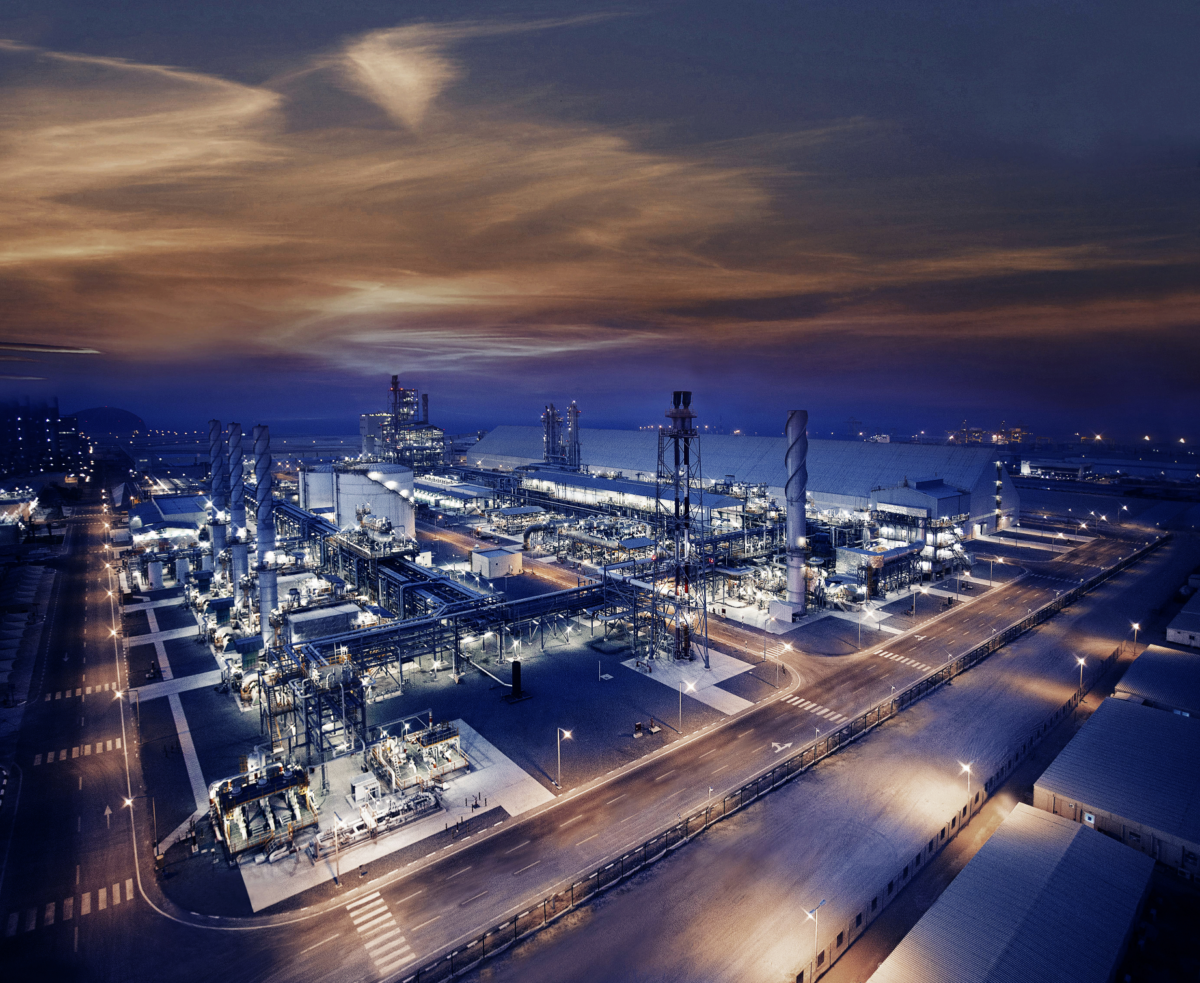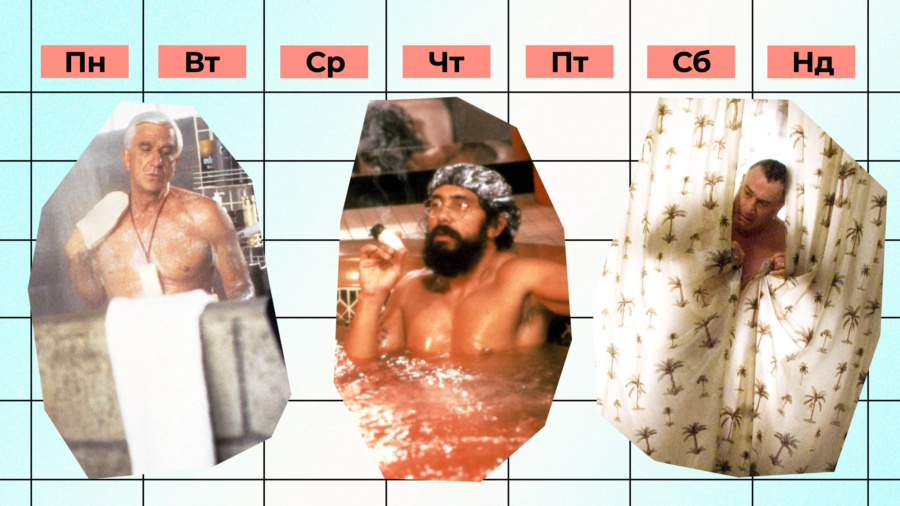Adnoc has delivered the world’s first certified bulk commercial shipment of low-carbon ammonia to a client in Japan, while Plug Power has agreed to supply a 3 GW electrolyzer in Australia.

Image: Adnoc
Adnoc has delivered what it claims is the world’s first certified bulk commercial shipment of “low-carbon ammonia enabled by carbon capture and storage (CCS)” to Mitsui for clean-power generation in Japan. “The low-carbon certification process, from production to delivery, has been conducted by TÜV SÜD,” said the Abu Dhabi-based oil and gas company. The carbon dioxide (CO2) will be captured and stored in a carbonate saline aquifer. Adnoc said it aims to capture 5% of the global low-carbon hydrogen market by 2030. The cargo was sourced from Fertil, Fertiglobe’s 100 %-owned facility in Abu Dhabi. Adnoc and Mitsui signed a strategic collaboration agreement in April 2023.
Airbus and its partners have launched an aviation hydrogen handling and refueling project to demonstrate small-scale liquid hydrogen aircraft ground operations at three European airports. The Goliat project will secure €10.8 million ($11.7 million) of funding from the EU Horizon Europe Framework Programme over a period four years, said Airbus. It aims to showcase the safe and reliable development and use of high-flow liquid hydrogen (LH2) handling and refueling technologies for airport operations. The consortium includes 10 partners from eight countries.
The US Department of Energy‘s (DoE) Argonne National Laboratory is building an R&D facility to develop and test large-scale fuel cell systems for heavy-duty and off-road applications. When the facility comes online in fall 2025, the industry will be able to access a dedicated location and support staff to test and validate polymer electrolyte membrane (PEM) fuel cell systems ranging from 150 kW to 600 kW, said the Argonne National Laboratory.
Nel has completed an internal reorganization process, in which its assets, rights, and liabilities related to its fueling division have been transferred to Cavendish Hydrogen. “Subject to Nel’s decision to complete the spin-off and pursue the separate listing of Cavendish Hydrogen, the shares in Cavendish Hydrogen are intended to be distributed to the shareholders of Nel as dividend in kind,” said the Norwegian company.
EWE has completed the first storage cycle of a test run for its 500-cubic-meter hydrogen cavern in Rüdersdorf, Germany. “The results of the slow operation of our test cavern over a period of three months are satisfactory,” said EWE Project Manager Hayo Seeba. “The technical system for injection and withdrawal worked well. This first scenario was comparable to the operation of a conventional natural gas storage facility.” The German energy service provider has evaluated the pressures, temperatures, and flow rates of the hydrogen. It said it has determined that the quality of the hydrogen “changed very little” after storage.
This content is protected by copyright and may not be reused. If you want to cooperate with us and would like to reuse some of our content, please contact: editors@pv-magazine.com.
Note: This article have been indexed to our site. We do not claim legitimacy, ownership or copyright of any of the content above. To see the article at original source Click Here












